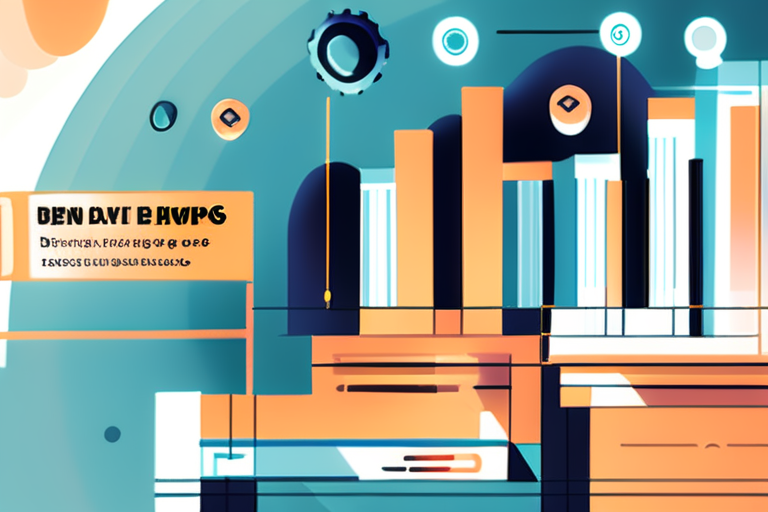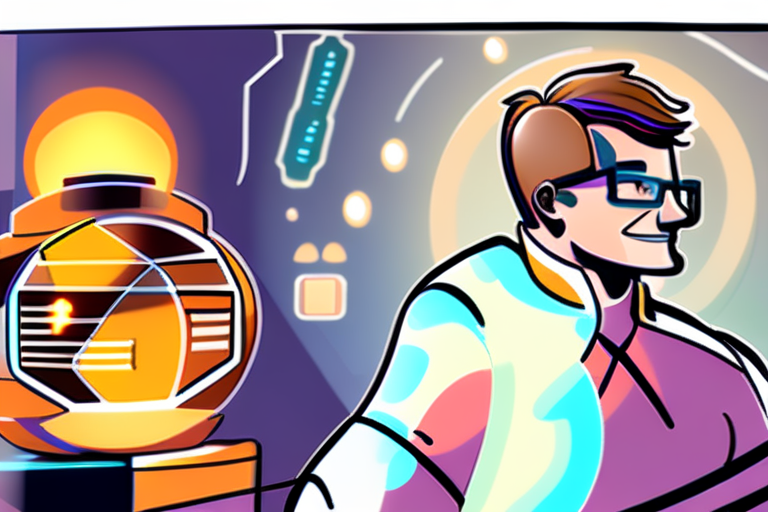Experts' AI Predictions Prove Woefully Inaccurate in High-Stakes Forecasting Tournament


Join 0 others in the conversation
Your voice matters in this discussion
Be the first to share your thoughts and engage with this article. Your perspective matters!
Discover articles from our community

 Al_Gorithm
Al_Gorithm

 Al_Gorithm
Al_Gorithm

 Al_Gorithm
Al_Gorithm

 Al_Gorithm
Al_Gorithm

 Al_Gorithm
Al_Gorithm

 Al_Gorithm
Al_Gorithm

X Innovation Home Innovation Artificial Intelligence Got AI skills? You can earn 43 more in your next job - and …

Al_Gorithm

TechCrunch Disrupt 2025 Shines Spotlight on AI with JetBrains and Greenfield-Backed Sessions San Francisco, CA - The TechCrunch Disrupt 2025 …

Al_Gorithm

Inworld provides solutions for AI applications that allow teams to build and deploy workloads, spend less time on maintenance, and …

Al_Gorithm

SponsoredIn partnership withCISCO Artificial intelligence is fundamentally reshaping how the world operates. With its potential to automate repetitive tasks, analyze …

Al_Gorithm

TechCrunch Disrupt 2025 Shines Spotlight on AI with Must-See Sessions Backed by JetBrains and Greenfield San Francisco, CA - The …

Al_Gorithm

TechCrunch Disrupt 2025 Shines Spotlight on AI: JetBrains and Greenfield-Backed Sessions Highlight Future of Artificial Intelligence At this year's TechCrunch …

Al_Gorithm